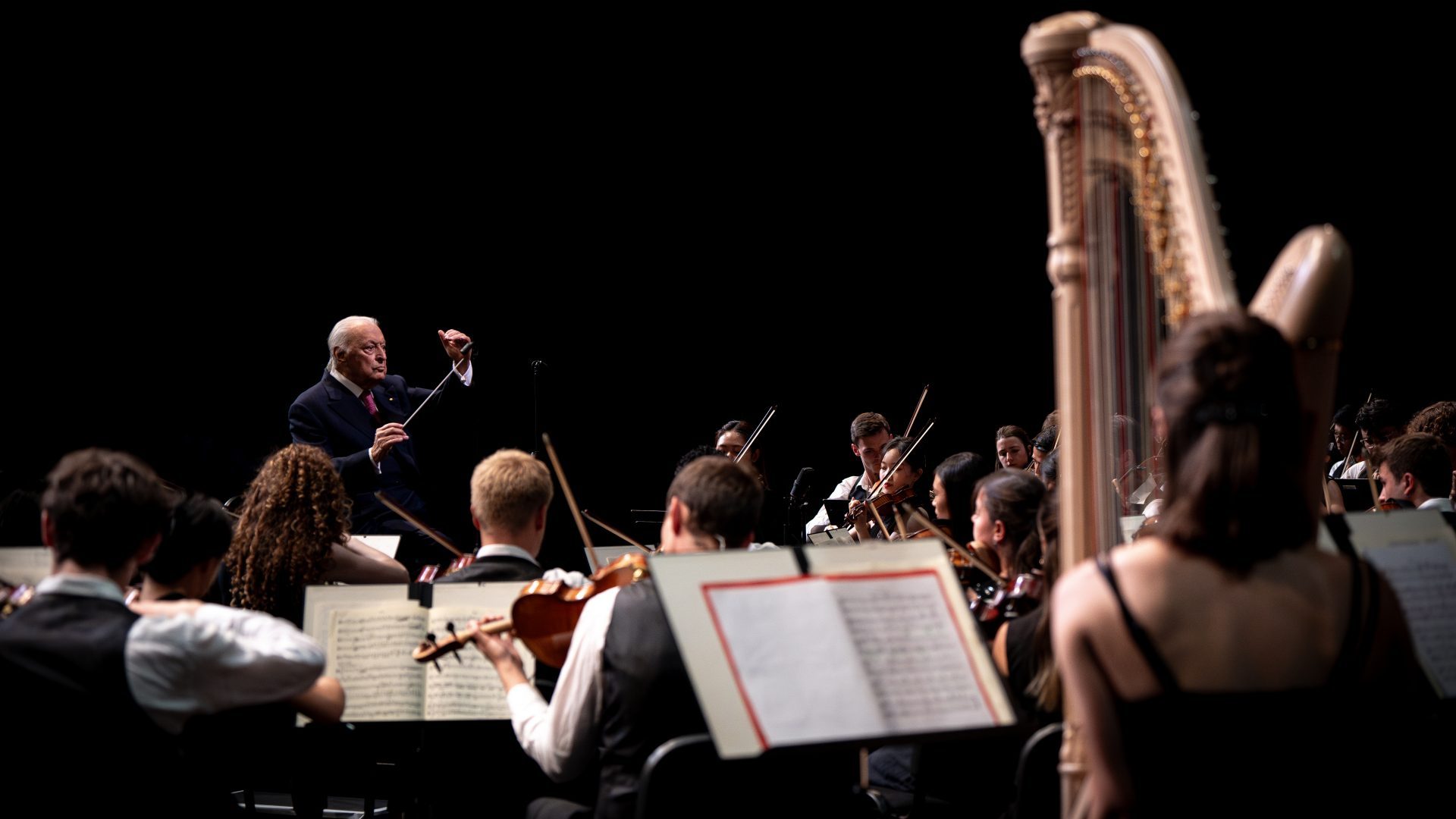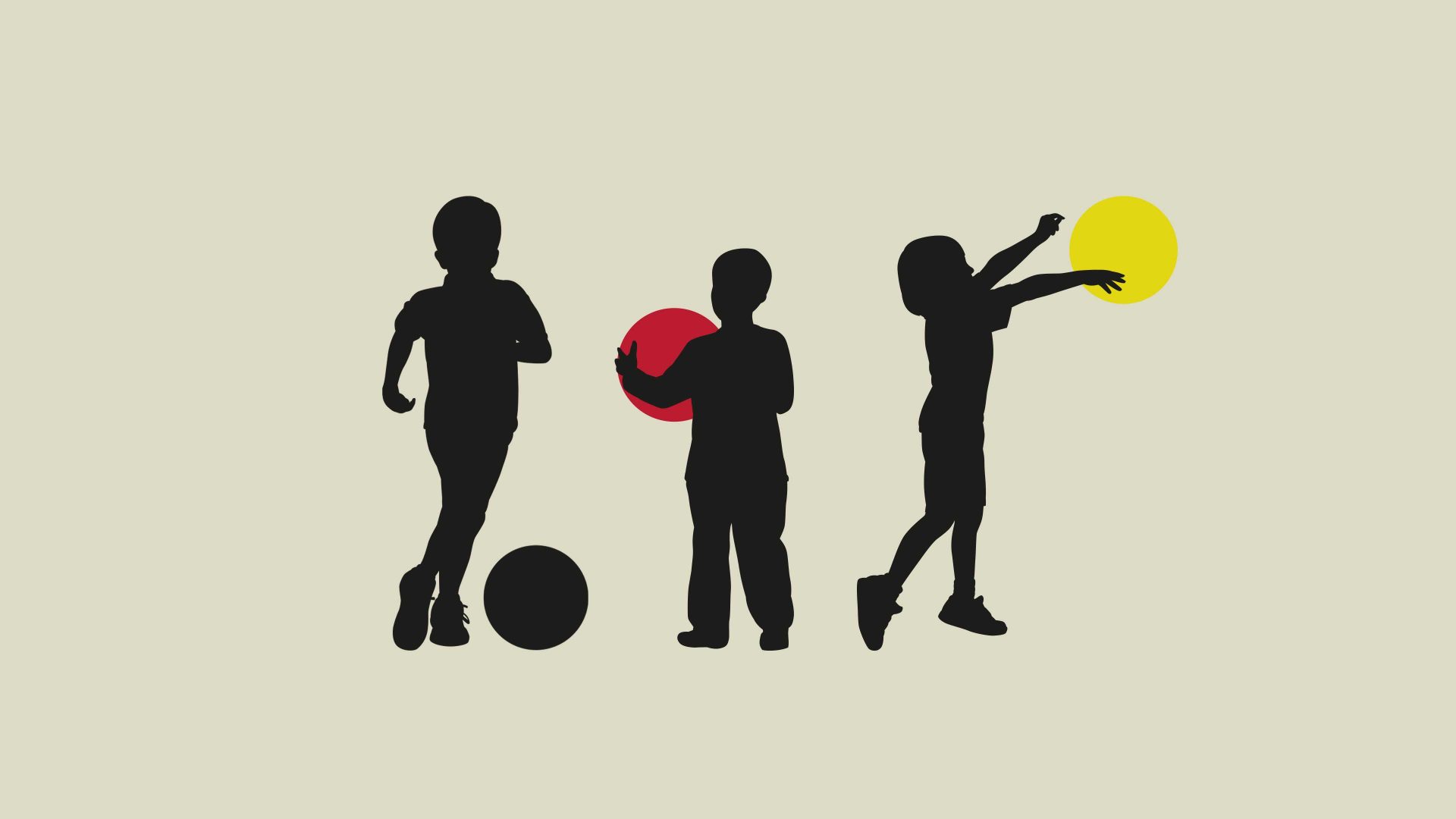Squinting through the trees, sidestepping hidden streams, and begging for directions, I finally reach a seemingly deserted mountaintop school, where I find acclaimed American pianist Richard Goode guiding a young musician playing Haydn in a well-attended masterclass.
If you think “European classical music festival” means opulent concert halls in grand imperial buildings, the Verbier Festival is a surprise. In this Swiss ski resort, concerts, masterclasses and rehearsals take place in a grand pop-up hall by a leisure centre, a concrete, modernist church, a roomy chalet and a gondola station — where I watched a masterclass by German-French cellist Nicolas Altstaedt.
This incongruity is the point for Martin Engstroem, a former Deutsche Grammaphon executive who 30 years ago founded what became one of the top European classical music festivals “In Europe almost all big festivals are in cities — I wanted to create one linking music and nature,” he says, explaining how, after spending a summer here in 1991, he wanted to create a festival where “families with children could go to rehearsals and stay for five minutes, where there are no closed doors — not like Lucerne or Salzburg, where if you’re not on a list you can’t go anywhere.”
Three years later the celebrated Indian conductor Zubin Mehta led the inaugural concert. He returned this year, conducting Yuja Wang’s explosive opening performance of Rachmaninov’s third piano concerto.
As I walk through the sloping streets of Verbier, music permeates the air — violin sounds wafting from hotel rooms, buskers outside a restaurant. Young musicians negotiate cafe doors with cellos on their backs. In the rarified air of the mountains, there are “musical walks”. Under a gazebo by the top of a chairlift, the composer Max Richter played his Vivaldi Reimagined. British cellist Sheku Kanneh-Mason improvised with jazz pianist Harry Baker in a bar.
The chummy atmosphere is striking. When I meet British cellist Stephen Isserlis, he’s exhausted after a late night out with the violinist Joshua Bell. “Other festivals don’t quite have this sense of community. Here I see people I don’t see elsewhere, like Mischa Maisky, another cellist and my hair twin.” He laughs as he pats his luxurious, curly locks. “Last night we were sitting with Renaud Capuçon and others…Then we went to another party and Bryn Terfel was singing If I Were a Rich Man!”
Since soloists stay on instead of leaving after one gig, these big egos are coaxed into collaborations. The joint performance of Terfel — the great Welsh baritone who sang at King Charles’s coronation — and Russian star pianist Daniil Trifinov won’t easily be repeated. A quintet including Dutch violin virtuoso Janine Jansen, the young French violinist Irene Duval and Isserlis, playing Schubert, was described by a breathless spectator as “the best chamber group I’ve ever seen”.
It’s hardly a surprise that the 30th anniversary gala is a who’s who of classical music, from Wang and Kissin to the soprano Renée Fleming and violinist Nicola Benedetti, sharing the stage. But tere is a harder edge to all this. In fact, the way Engstrom describes it, with the gatherings, talks, dinners, meetings and networking, it starts to sound a bit Davos — but with more elegance, and fewer besuited philistines trying to take over the world.
“I always wanted to have a place where the profession could meet, because when I grew up, the Salzburg festival was that,” Engstroem agrees. “If you were somebody in the music business you had to be there. So I spent a lot of time inviting agents, recording executives opera directors, orchestra managers — here we have the head of La Scala, the head of the Paris Opera, the head of all of the record companies. They come here to see what’s going on, check out the academies and interesting people.”
But now the Verbier Festival must also inhabit another role. As climate change melts glaciers and shortens winters, mountain resorts could lose their skiing income. “The Verbier festival has made it possible that people come here in the summer and stimulate the economy,” Engstroem says. “I’m very proud of that.”
The owner of my hotel is more direct: “Without the festival, we’d struggle to survive.”




